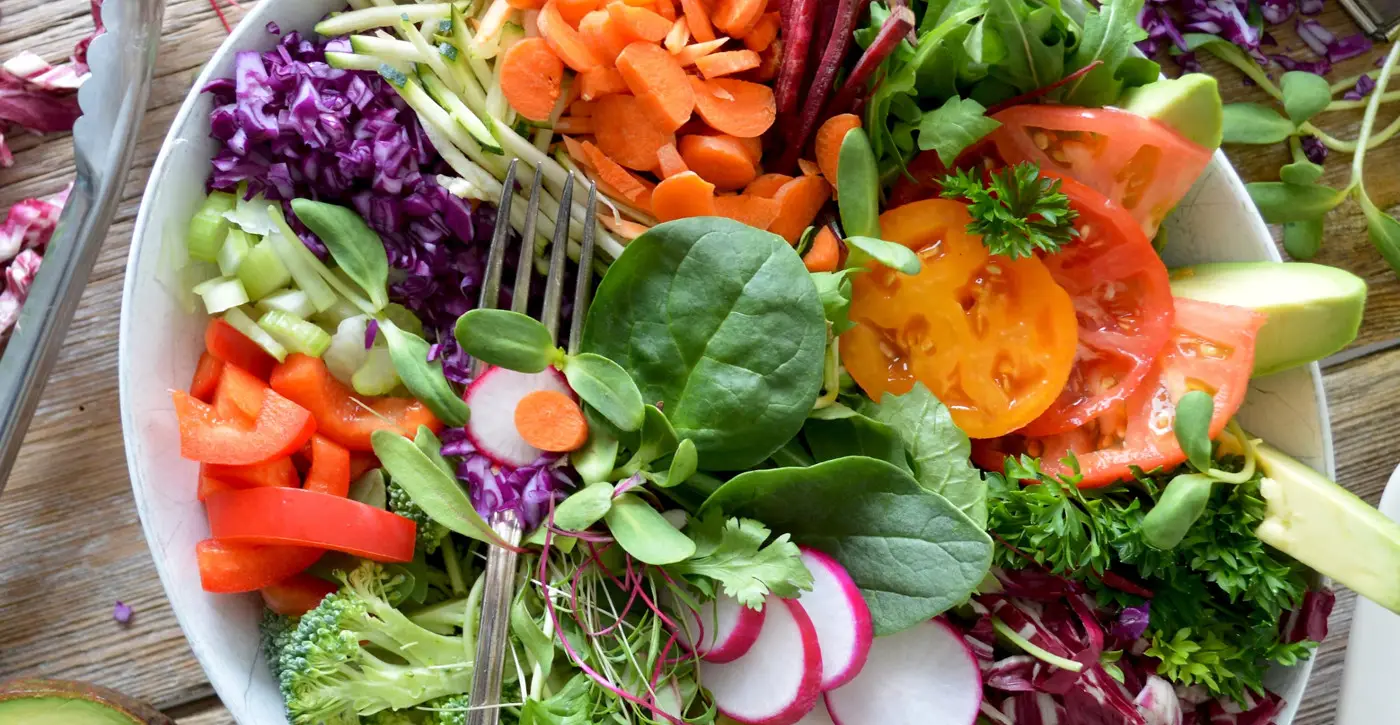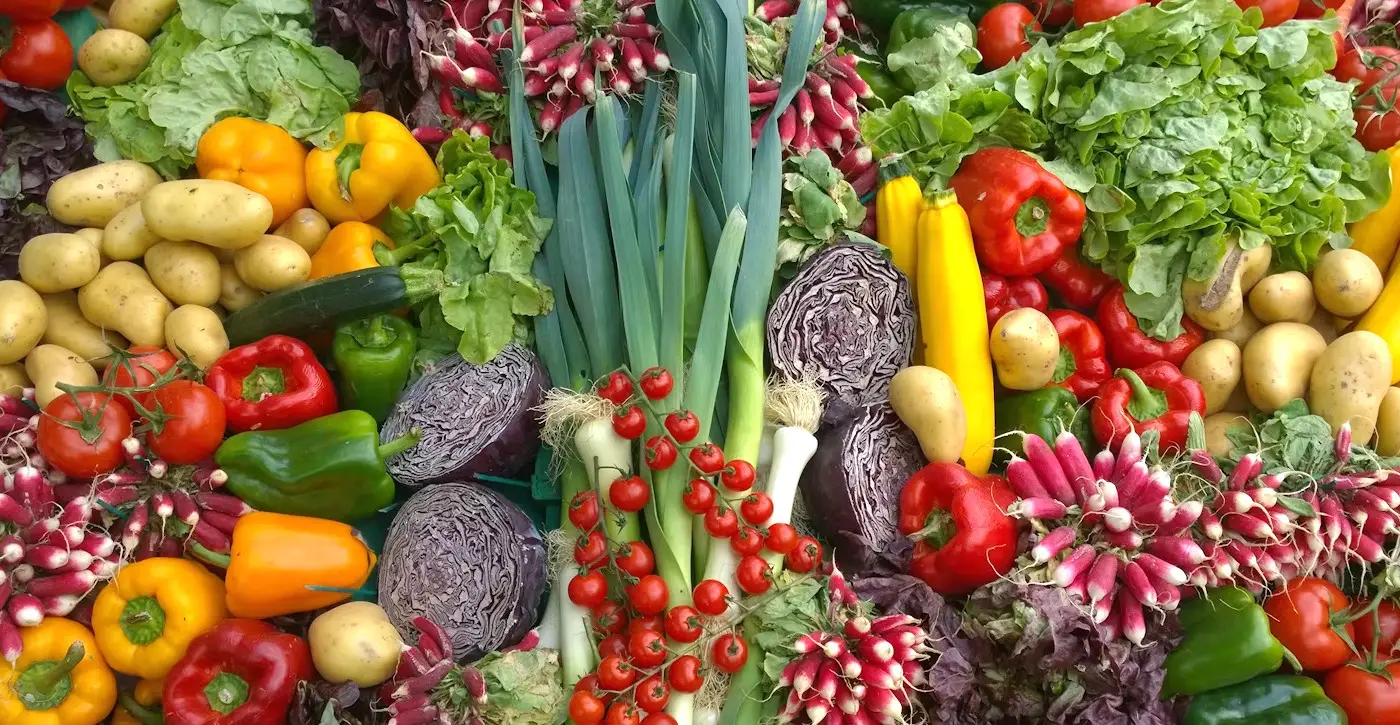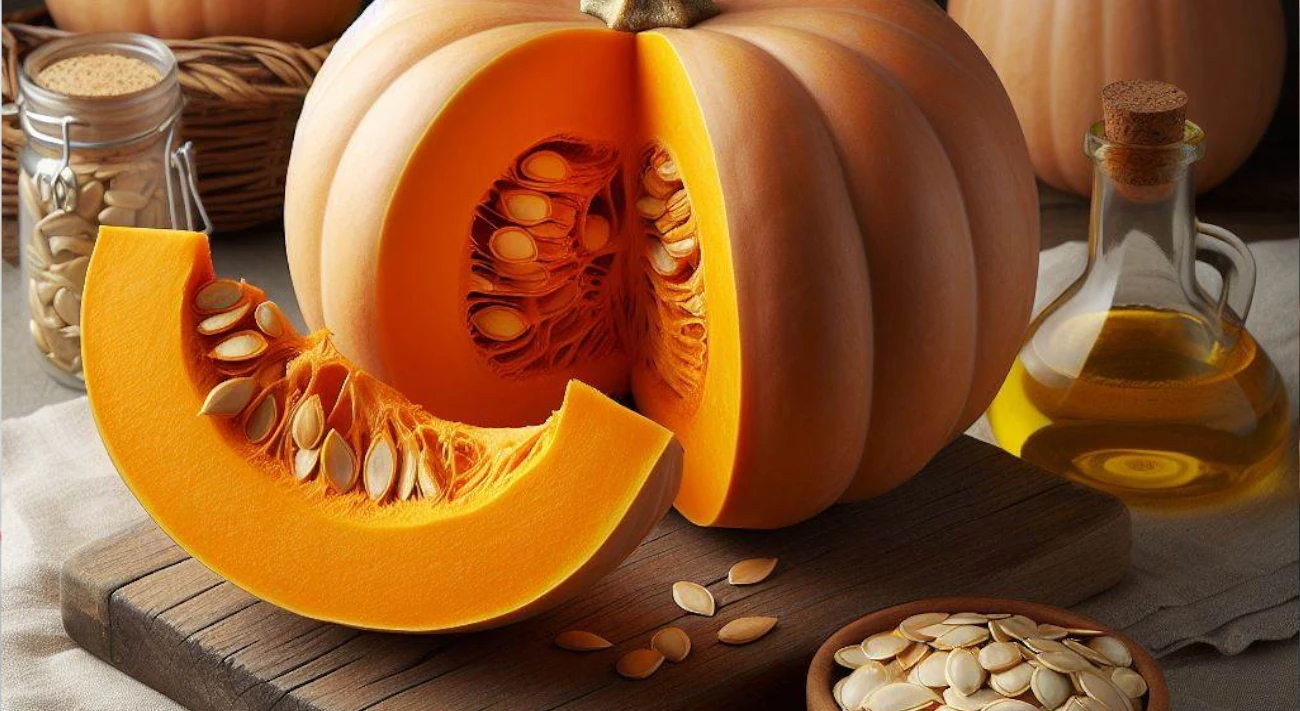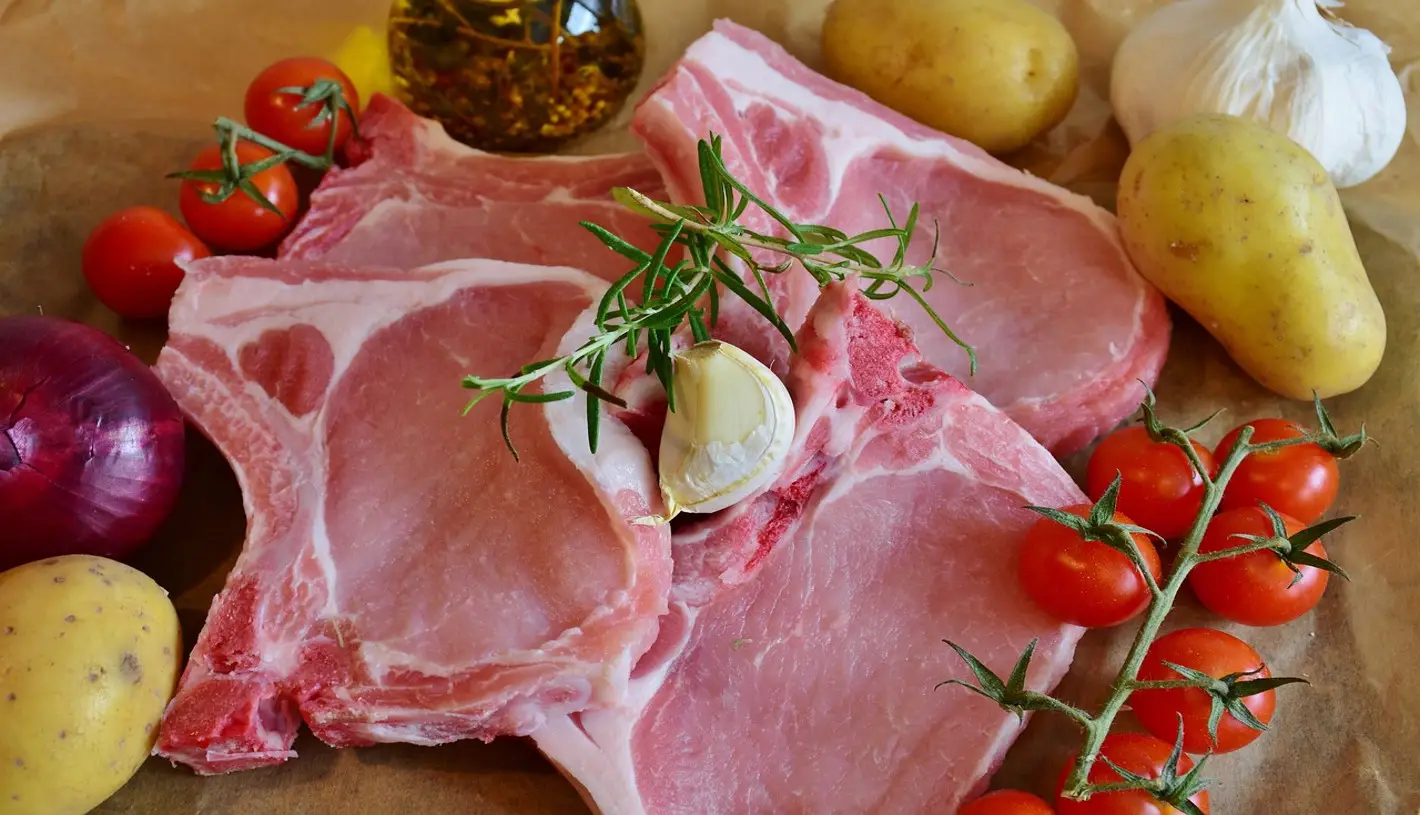Cauliflower Lysine and Arginine Info Sheet
Overview
Cauliflower is a cruciferous vegetable that has a white, compact, and edible head. It can be eaten raw, cooked, or pickled.Cauliflower is low in calories, but high in fiber, vitamin C, vitamin K, and folate.
It also contains some glucosinolates, flavonoids, and phenolic acids that may have anticancer, anti-inflammatory, and antioxidant effects.
| Name | Lysine (mg/100g) | Arginine (mg/100g) | Ratio |
|---|---|---|---|
| Cauliflower | 108mg | 96mg | 1.125 |
Cauliflower contains 108mg of Lysine and 96mg of Arginine per 100g of product.
This means Cauliflower has a neutral Lysine-Arginine ratio of 1.125.
Because Cauliflower has a neutral ratio of lysine and arginine, it does not have a significant impact on people who suffer from herpes, as it does not affect the viral activity.
Lysine Considerations
Cauliflower is a good source of lysine, as it provides about 22% of the RDI per 100 grams.
Lysine is an essential amino acid that is important for collagen synthesis, immune function, and calcium absorption.
Lysine has the potential to prevent or treat cold sores, which are blisters caused by the HSV-1 virus, also known as herpes.
Lysine operates by stunting the proliferation of HSV-1, which relies on another amino acid, arginine, to reproduce and infect cells.
Lysine can only be acquired through our diet, and is present in multiple high-protein foods such as eggs, dairy, fish, meat and poultry.
Arginine Considerations
Cauliflower is a low source of arginine, as it provides only about 8% of the RDI per 100 grams.
Arginine is a semi-essential amino acid that is involved in nitric oxide production, wound healing, and urea cycle.
Arginine has many functions in the body, including wound healing, helping the kidneys remove waste products from the body, and maintaining immune and hormone function.
Arginine also plays a role in the replication of the herpes virus, making it a key factor in cold sore outbreaks.
The herpes virus requires arginine to grow, replicate, and create new herpes viruses.
Foods rich in arginine, such as nuts and chocolate, may increase the frequency and severity of these outbreaks.
Lysine-Arginine Ratio
Cauliflower has a high lysine-arginine ratio, which means that it may be beneficial for people who have herpes simplex virus (HSV) infections.
HSV requires arginine for replication, and lysine may inhibit its growth.
Therefore, foods with a high lysine-arginine ratio may help prevent or reduce HSV outbreaks.
Lysine and arginine are both amino acids that are involved in protein synthesis and other metabolic processes.
That said, they have opposite effects on the herpes simplex virus, which causes cold sores and genital herpes.
Lysine can stunt the replication of the virus, while arginine can stimulate it.
Because of this, eating foods that have a high lysine-arginine ratio may help reduce the frequency and severity of herpes symptoms.
Some examples of foods that have a high lysine-arginine ratio are dairy, fish, poultry, fruits, and vegetables.
These foods can provide the body with enough lysine to block the availability of arginine by the virus, and thus prevent its growth and spread.
Dietary Considerations
Most vegetables are somewhat low in in calories and a decent source of in vitamins, minerals, and antioxidants.
Many vegetables have more lysine than arginine, such as beets, turnips, tomatoes, soybean sprouts, potatoes, celery, sweet potatoes, squash, and green beans.
These vegetables can help prevent or treat herpes outbreaks, as lysine can suppress the herpes virus.
Other vegetables have more arginine than lysine, such as peas, carrots, broccoli, cauliflower, and mushrooms.
These vegetables can still be consumed in moderation, as they have other health benefits.

For example:
Avoid alcoholic beverages and caffeine which can overstimulate your body, leave you dehydrated, and compromise your immune system.You may want to take l-lysine supplements.
L-lysine is known to prevent herpes outbreaks and it can help stop a cold sore in its initial stages by "starving" the virus of arginine before it has a chance to cause a cold sore.
Avoiding foods that can cause allergic reactions or sensitivities, such as gluten, dairy, nuts, eggs, or shellfish.
These foods can trigger inflammation and weaken your immune system, making you more susceptible to outbreaks.
Eating foods that can soothe your symptoms and speed up your healing process, such as honey, yogurt, aloe vera, and chamomile.
These foods have anti-inflammatory, antiviral, and antibacterial properties that can reduce pain, swelling, and itching, and promote tissue repair.
Check more food information






